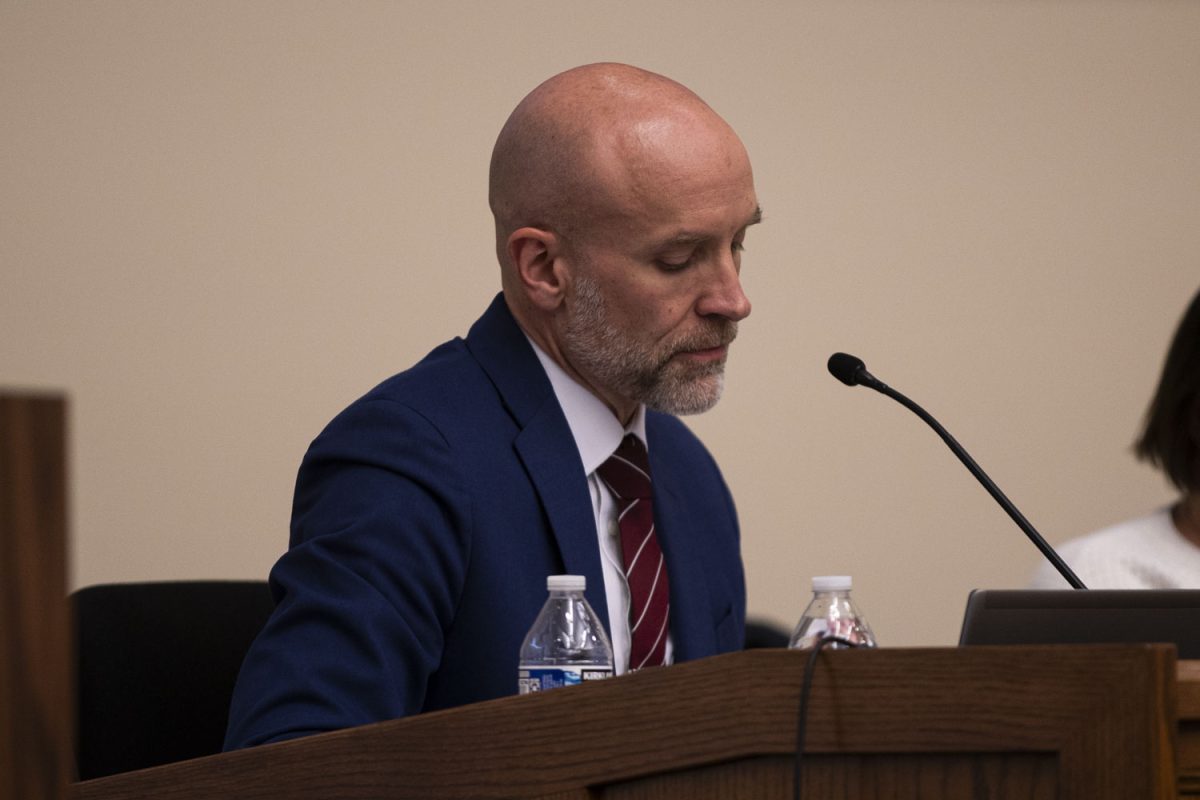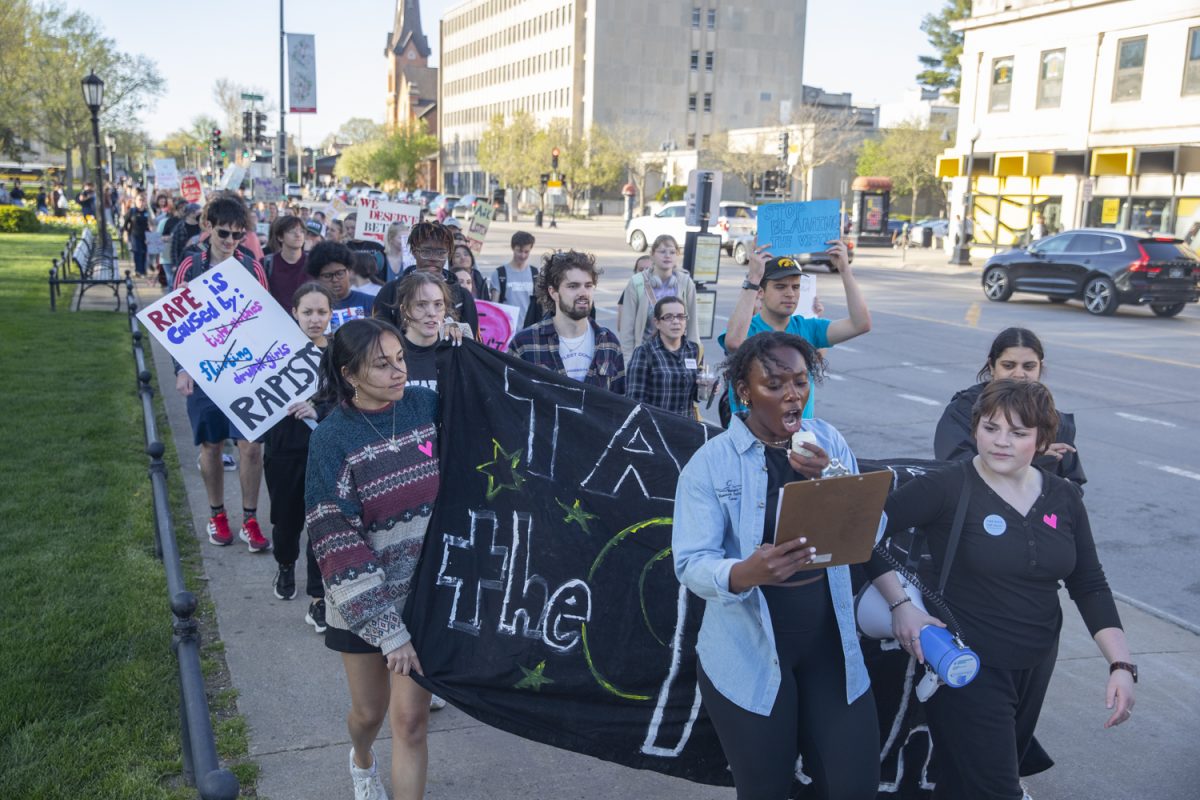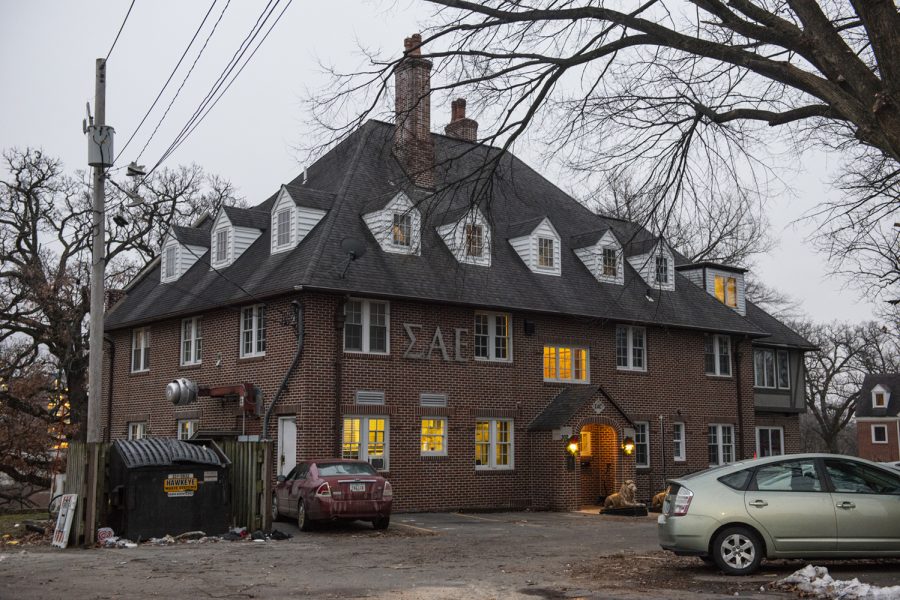Area voters will see a new tax option on the November ballot.
At a Johnson County Board of Supervisors meeting Wednesday afternoon, officials completed the wording for the local-option sales tax.
The sales tax would increase from 6 percent to 7 percent in each individual Johnson County jurisdiction voting yes.
Iowa City, with more than half of Johnson County’s citizens, was able to place the option up for a vote.
“The Iowa Tax Code gives the city that has 50 percent of the population to put the proposal on the ballot, but then it gives the Board of Supervisors the ability to control how long it is authorized for,” said Supervisor Janelle Rettig.
Under the city’s proposal, it would last 10 years. Ninety percent of the tax would go towards rural roads and 10 percent would to toward the planned courthouse expansion.
A referendum devoted entirely to bond funding for a new Johnson County Courthouse annex will also be on the ballot in November at a price tag of $34.2 million.
The planned annex comes into response to calls of overcrowding in the Johnson County justice system, with not enough courtrooms to go around.
Several Johnson County officials have reacted coolly to the proposed sales-tax increase, and supervisors dropped a plan to extend the tax on communities not providing a portion to the annex for only three years instead of 10.
Although voters can put the tax in place, it is up to the supervisors to affirm the duration and percentages. They are able to change the numbers before they appear on the ballot.
Rettig criticized the very concept of local-option taxes, saying they are ambiguous and burdensome on the lower and middle class.
“I think we’ve broken trust with the public if we don’t spell out exactly how we’re going to spend the money they may give us,” she said. “Ten years is broken trust with the taxpayers, and it’s raising taxes on the poor …”
Supervisor John Etheridge said planners and engineers assured him 10 years is necessary for projects, despite his wariness.
“Ten years is a really good number whether they like the tax or not, they said [to me],” Etheridge said. “It really helps to help us plan how we’re going to spend the money and get the public informed about that money and how it’s going to be spent.”
Rettig was the only supervisor to vote against the number of years the tax would be in place.
Rettig and Supervisor Rod Sullivan voted against the percentages, calling it a “regressive tax” and saying it would shift more tax burden on less-affluent citizens, and they said they would prefer to see more money going toward progressive causes.
However, Rettig said the referendum is in rural favor.
“I don’t know why an unincorporated person would ever vote no on this,” she said. “A rural voter should mathematically vote for this.”
“Under this particular case, although I thought there were potentially some uses that could’ve been divided up, I’m willing to go along with what has been proposed here,” said Supervisor Terrence Neuzil, who voted yes.
Supervisor Pat Harney also voted yes, saying the courthouse expansion is a necessary project.






